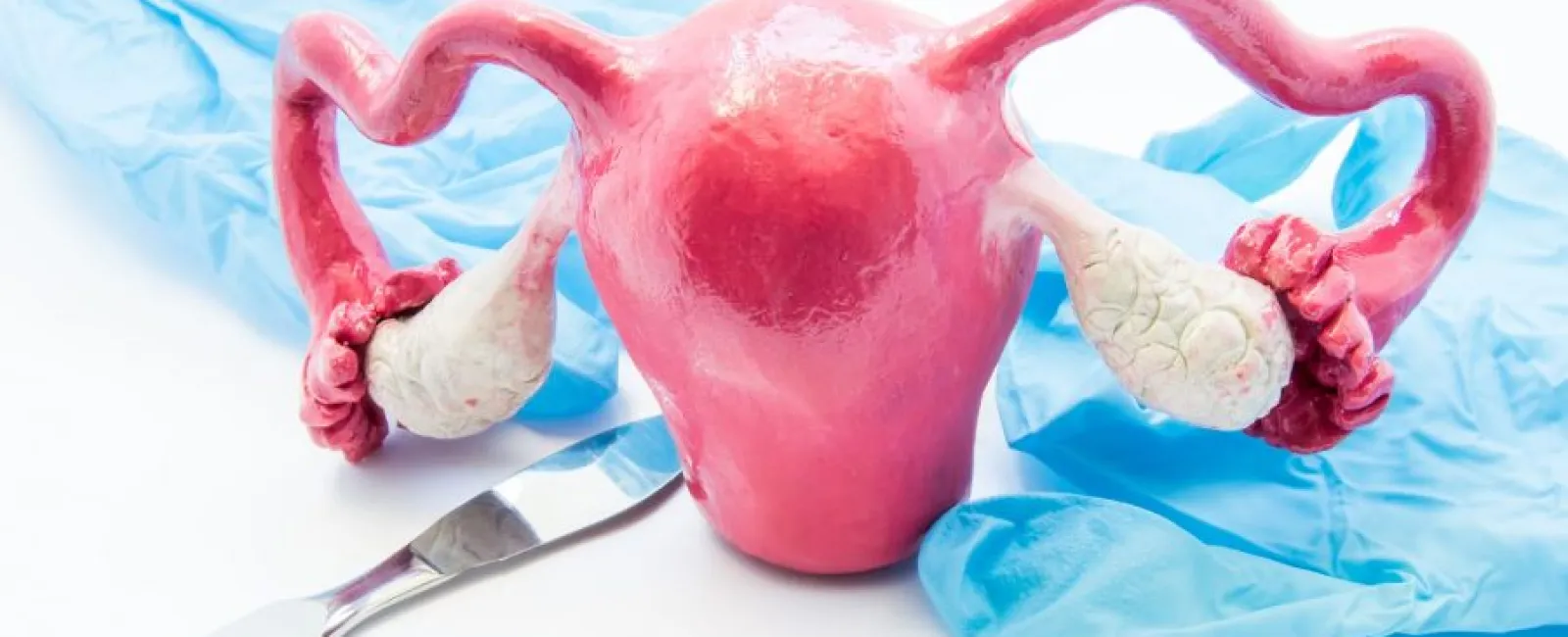When women need to have their uterus removed, they do so through a surgical procedure known as a hysterectomy. This is a significant procedure that is rarely the first choice for women and their medical providers. Even so, medical circumstances may arise where a hysterectomy becomes necessary for the longevity and health of the patient.
If you’ve been told you need a hysterectomy, or you’re dealing with a condition that increases your potential risk of a hysterectomy in the future, you probably have questions about what the process looks like—especially when considering your future after the procedure is completed. Here’s a look at the common causes for a hysterectomy, the pros and cons of the procedure, and what to expect before and after a hysterectomy.
Common Reasons for Having a Hysterectomy
Most women have a hysterectomy for one of the following reasons:
- Uterine cancer: When the tumor cannot be cleanly removed from the uterus, a full hysterectomy may be required.
- Fibroids: Traditionally, fibroids required surgery to address the health complications they present. Newer treatment options may provide an alternative to hysterectomies for some cases of uterine fibroids.
- Uterine prolapse: If part of the uterus falls into the vagina, this prolapse may require a partial or complete hysterectomy. Prolapses are more common in women who have had multiple vaginal births.
- Endometriosis: When hormonal treatments are not sufficient to fix the growth of a uterine lining on the outside of the uterus, a hysterectomy may be required.
- Complications during delivery: In some cases, a ruptured uterus or other complications of childbirth may lead to an emergency hysterectomy.
Additional health concerns may also prompt a partial or full hysterectomy. Your gynecologist can help you understand the implications of this decision on your long-term health.
Advantages and Disadvantages of Removing a Uterus
Patients should consider both the drawbacks and the benefits of a hysterectomy when faced with making this important healthcare decision. Possible advantages of this procedure include:
- It can resolve chronic and dangerous bleeding abnormalities.
- A partial or full hysterectomy can save you from the complications of cancer and other serious conditions.
- You may achieve relief from severe cramps or bleeding that other treatment options have failed to address.
- A full hysterectomy eliminates the risk of uterine cancer, which may be more appealing to individuals with a family history of this condition.
- If you have suffered from chronic uterine problems, a hysterectomy can improve your quality of life.
- In some cases, a hysterectomy may be the only viable option to preserve your long-term health.
At the same time, hysterectomies can bring unwanted complications, side effects, and sacrifices, including the following:
- A full hysterectomy may trigger premature menopause, which is associated with several health risks, including cardiovascular disease.
- If your ovaries are removed in a hysterectomy, changes in hormone production may increase your risk of bone density loss and other chronic issues.
- One of the more common uterus removal side effects is pelvic pain resulting from the abrupt absence of the uterus in the abdomen, which can lead to other pelvic issues—some temporary, some chronic.
- While some hysterectomy side effects will only be temporary as your body recovers, others—such as hormonal changes in your body—may be permanent.
Depending on your specific condition and the complicating factors affecting your health, the pros and cons of a hysterectomy may weigh more heavily on one side than the other. Your doctor can help you consider these factors as you approach a decision on this procedure.
What to Expect After a Hysterectomy
Many women facing this procedure want to be prepared for what happens after a hysterectomy. Although individual experiences can range widely, most women can expect the following:
- Your doctor will likely recommend that you avoid lifting heavy objects for six to eight weeks, even though you might feel recovered within days of the procedure.
- Pain, redness, swelling, and/or itching at the incision site.
- Signs of early menopause if the ovaries are removed. These can include hot flashes, night sweats, insomnia, and pain during sex.
- Potential heightened emotions due to hormonal changes.
Some women may have been told that they can expect weight loss after hysterectomy, however, this is a myth. Some women do experience initial weight loss due to the removal of the uterus and dietary restrictions before and after the procedure, but long-term weight loss is not a byproduct of a hysterectomy.
Possible Alternatives to Having a Hysterectomy
In some cases, innovative medical treatments and technologies may help patients avoid a hysterectomy through alternative procedures. When uterine fibroids force patients to consider a hysterectomy, they may consider a new treatment known as an Acessa procedure. This treatment can save patients from needing a hysterectomy by delivering treatment specifically to the fibroids in the uterus, without compromising the health of the uterus itself.
This concentrated treatment offers several benefits to patients eligible for the Acessa procedure, including the experience of a minimally invasive, minor procedure that allows the patient to return to regular life after just three to five days of recovery. The Acessa procedure is regarded as safer than a hysterectomy and preserves a woman’s ability to have children by saving the uterus from removal.
If you’re interested in this treatment option and believe it may benefit your fibroid condition, seek out a specialist certified to perform the procedure. Dr. Raybon of Advanced Gynecology is one of the only doctors in Georgia with this certification.
If you’re facing a possible hysterectomy, you’re probably feeling unsettled and fearful of the process ahead. Take control by reaching out to trusted professionals and exploring all your options as you make tough choices affecting your current and future health.
